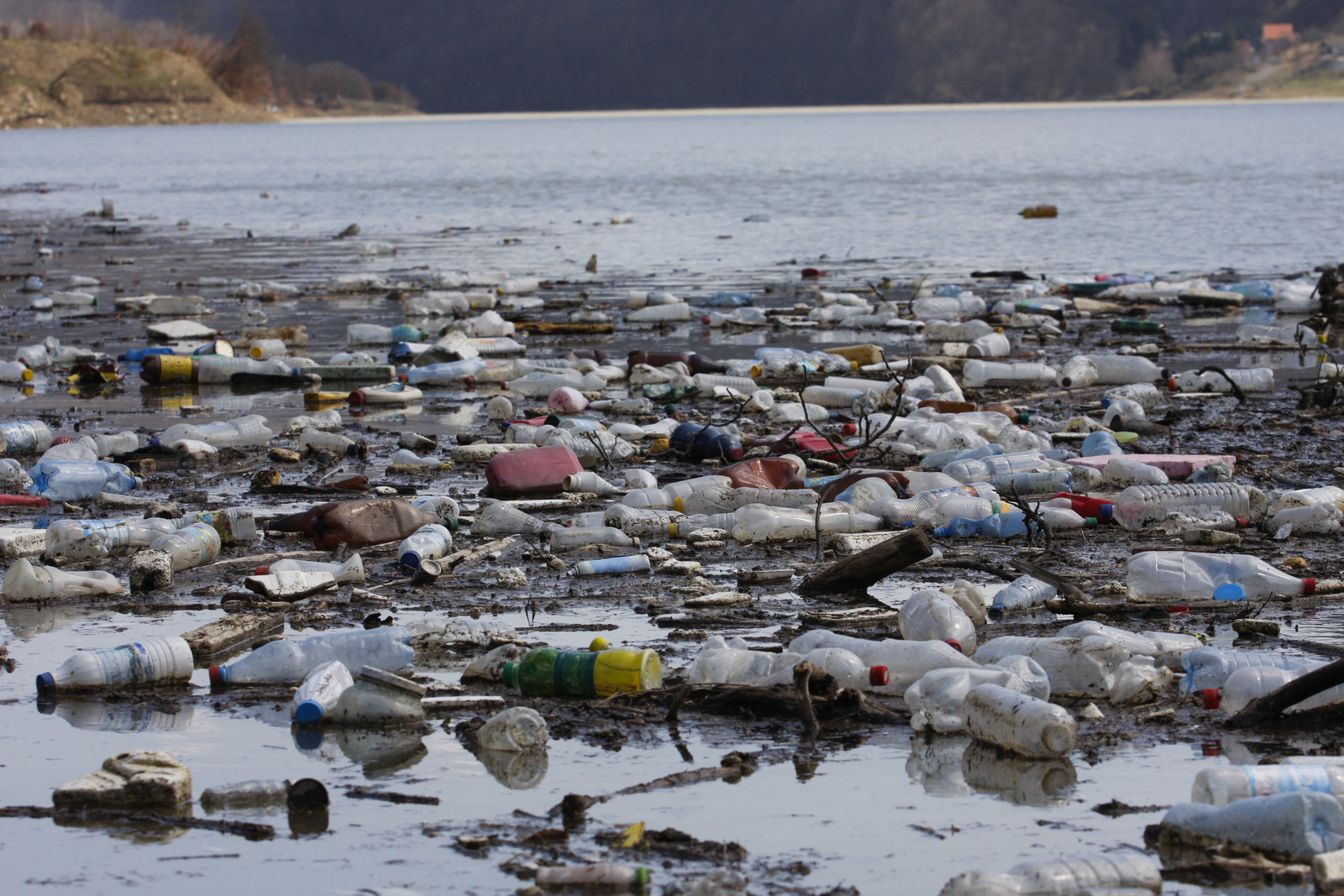A recent study looked at 250 bottles of water from nine countries, including international brands such as Dasani, Aquafina, and Nestle Pure Life, found plastic parts in 93% of the water. This is in bottled water, folks; that is water that we expect to be clean and clear.
When I travel, I always take my water bottle and water filter with me, as many of the countries I work in do not have the current capacity to recycle. When we do workshops, it saddens me to know that the bottles and bottles of plastic water bottles that are used will likely end up in a landfill and eventually in our water. It's not always convenient or easy (especially when teaching for eight hours in very hot conditions and drinking lots of water is a must!), but I do my best to stay away from plastic bottles on my trips.

We teach all pastors and business people to have a quadruple bottom line, including environmental, reminding them that Christians should be the leaders in being stewards of creation!
But my new enemy is straws.
Straws really aren't necessary for the majority of us, the majority of time. They often do not get recycled. What takes us about fifteen minutes to consume will then stay in the environment for many, many years. And we go through millions of straws globally every single day. Some estimates say 150 million straws every day.
That's crazy.
And it's easy to "just say no."
When I go to a restaurant and order a drink, I say "No straw, please."
If they put it on the table I ask them to take it away just in case they are tempted to throw it away later when they clean the table.
My goal is to ask places that I frequent to put straws in a jar on each table so that people can choose to have a straw. Or better yet, only give a straw when people ask for one, rather than the opposite.
Will you join me in this? If so, send me an email so that I can know who is joining me in this endeavor (reedsinthewind@gmail.com). It's not a big sacrifice in terms of quality of life, but it can make a difference. And if people ask you why you are not using a straw, you can tell them and invite them to join as well.
If you are really attached to straws, there are many types of reusable straws that you use, if you wish.
There are some restaurants who are already trying to change things up. For example, Brick Road Pizza on Wealthy Street in Grand Rapids uses paper straws. If you know of others, feel free to email me to let me know!
We are doing all sorts of things to the planet we live on without even asking what the side effects and interactions might be. I think that part of our calling as citizens of this world is to be curious about the impact of our decisions, and the impact of what we use and what we choose to do on the beautiful creation. We have been commissioned to be a manager in trust of God's estate. We are invited to share in the income, without invading the principle of the trust. We are to be faithful, wise, and effective stewards of that estate.
It feels like a big job and a battle that often feels like we are losing, but we can start with our own small decisions at a personal or family level.
By the way, if you live in Grand Rapids, we use a service called Organicycle which allows us to recycle paper towels and pizza boxes, bones and all organic waste. Since we have winter for half the year (or longer it feels like), composting is more difficult. But Organicycle picks up this type of waste every other week, using compostable bags for this waste. It takes a bit more effort but that, plus recycling, has reduced our trash significantly. Check it out!
One more thing: my daughter reminded me that while recycling is good, it would be even better if we don't buy plastic bottles to begin with. The process of making plastic bottles takes a great amount of water and energy; recycling just means more plastic will be made. Just more to think about!




No comments:
Post a Comment